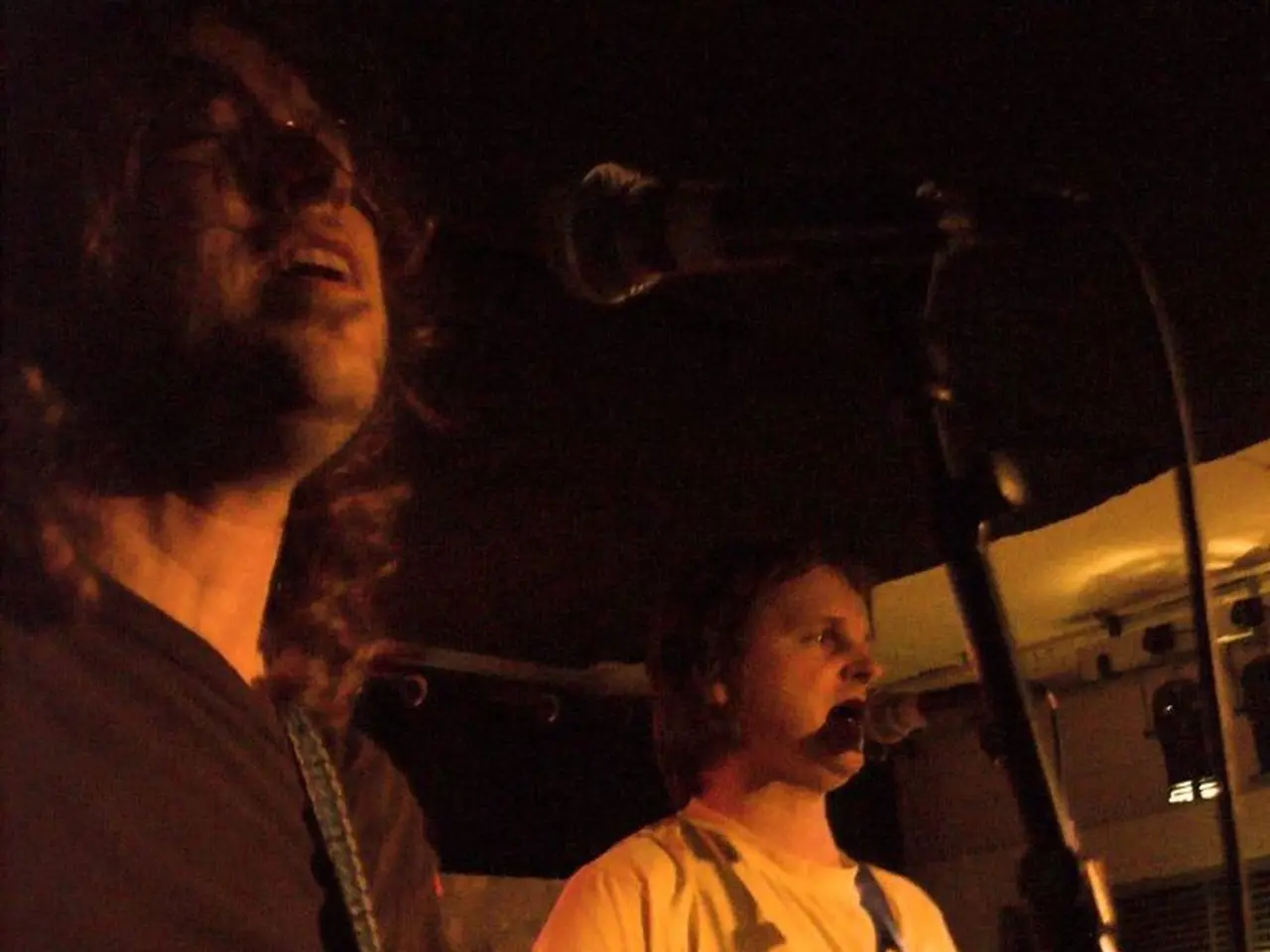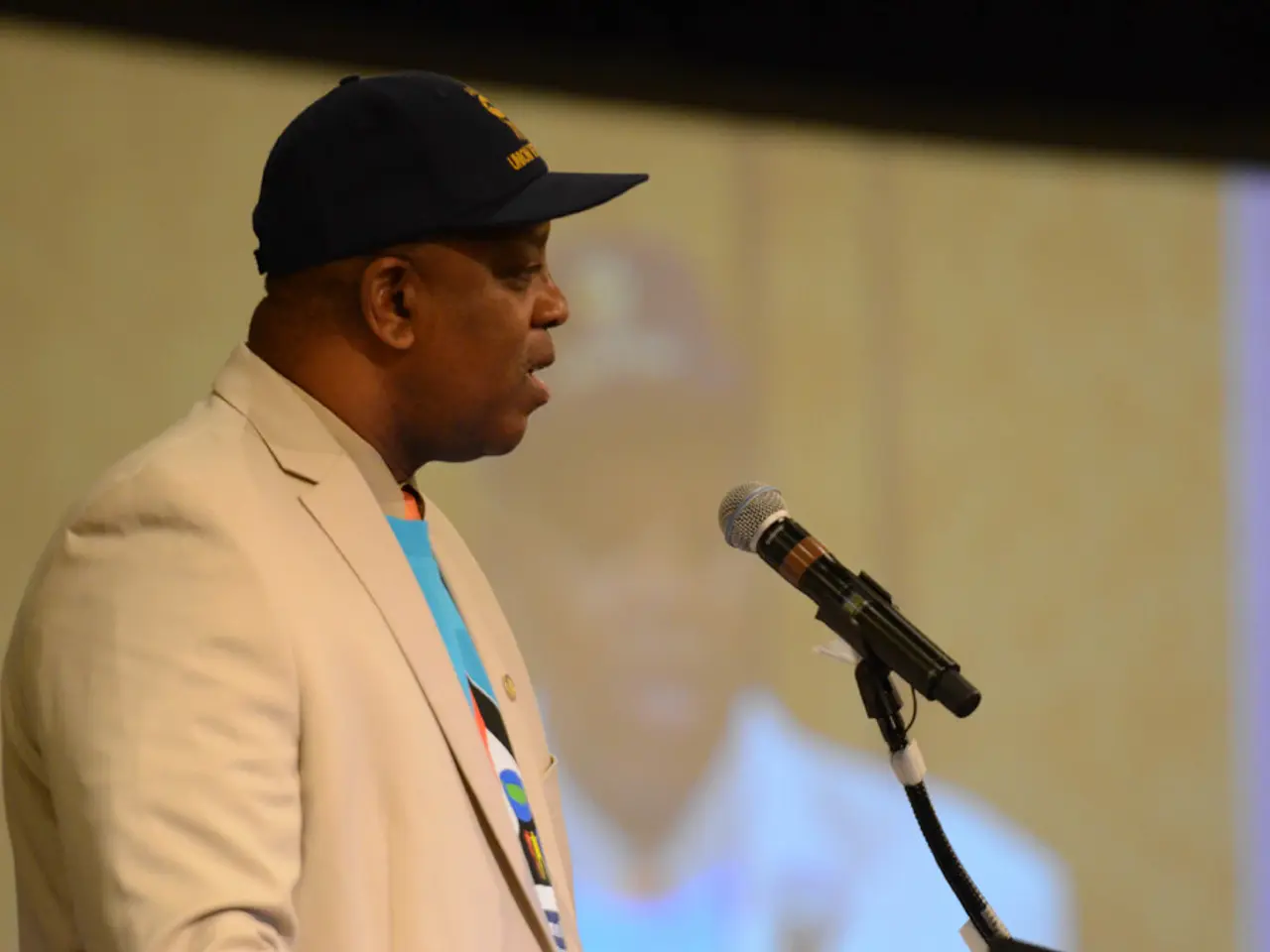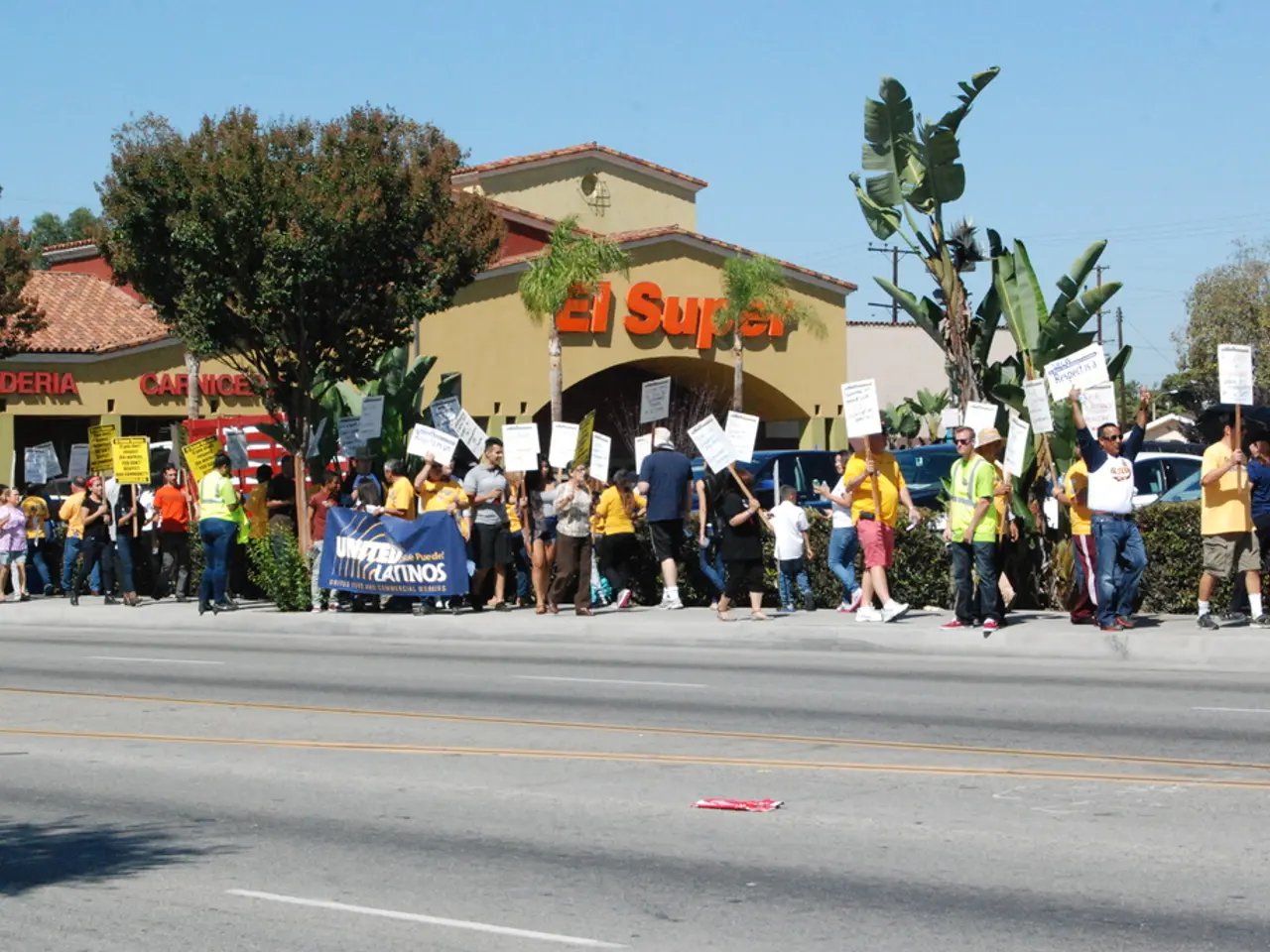Career of singing legend Heintje Simons, known as "Hit star Hein," could be at risk.
Hein "Heintje" Simons, the Dutch pop singer who rose to fame at the tender age of 12 with his hit song "Mama" in 1967, is currently facing a challenging predicament. At 70 years old, Simons continues to captivate his many fans, particularly in German-speaking countries, but his career is at risk due to his hearing issues.
Simons' success with "Mama" marked the beginning of an international career that spanned decades. However, his recent decision to cancel all concerts demonstrates his concern for maintaining the quality of his performances. If his hearing does not improve, his performances may remain cancelled indefinitely.
Simons wears hearing aids that only amplify sounds, but he is missing mid-tones, making performances impossible for him. This predicament is not due to a lack of interest or motivation, but rather a result of his hearing issues.
In a proactive approach to addressing his hearing problems, Simons is hopeful that advancements in artificial intelligence might help. Recent advancements in AI technology are significantly supporting musicians with hearing impairments through several innovative approaches.
For instance, a team led by Magdalena Fuentes at NYU is developing AI systems that automatically caption non-speech sounds in videos, such as background music and environmental noises. This technology aims to improve accessibility for over a billion deaf and hard-of-hearing individuals by providing crucial audio context beyond just speech captions.
The K-pop band Big Ocean JJ, whose members have hearing impairments, used Supertone AI voice technology to record their single “Bucket Hat.” This AI created custom voice models that helped the members deliver clear pronunciation and accurate pitch despite limited auditory feedback, effectively overcoming hearing limitations while preserving their artistic identity.
Innovations such as Voice-Swap emphasize producing professional-grade, ethically trained AI voice models by recording data in controlled studio conditions. This ensures AI tools can support musicians—including those with disabilities—in creative workflows rather than replace them, enabling new forms of musical expression and income.
Experimental performances, such as MIT's "FUTURE PHASES," combine generative AI and audience participation technology to broaden inclusive music experiences, though not specifically targeted at hearing-impaired musicians, they hint at new frontiers where AI can democratize music-making.
Simons wants to perform again only when he is "100 percent ready." With the potential aid of AI, he may yet be able to continue his illustrious career and continue to delight his fans.
Simons' illustrious career in the entertainment industry, marked by his hit songs and celebrity status, may find new avenues for continuance with the aid of advancements in artificial intelligence, particularly in enhancing his ability to hear music. The recent developments in AI technology are significantly supporting musicians with hearing impairments, as demonstrated by the K-pop band Big Ocean JJ's use of Supertone AI voice technology.







